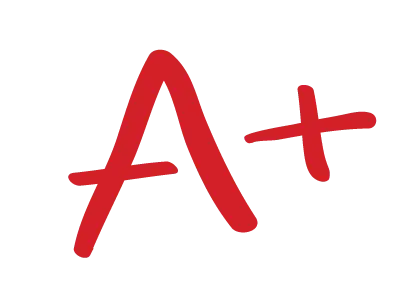Assessment 1 Brief
This assessment brief supplements the Subject Outline information to provide detailed guidelines and requirements. Both documents must be read carefully when undertaking this assessment task.
How do you think “complexly”?
Requirements
The following elements (described in more detail next) should be included in your submission:
1. Describe a complex system or complex context of your choice: what makes it complex? How does the complexity differ from that which is chaotic, simple or complicated? What are some of the issues at stake in understanding complexity in this context? (Max 300 words)
2. Create your own complexity lexicon. Using the extensive lexicon provided on Blackboard, and adding to this if required, describe the complex dynamics of your system using at least 4 relevant terms (Max 100 words max per term chosen)
3. Map, annotate and analyse your complex system in action. Visualise the complexity of the system that you have described above – using no more than 1 visual. Select one attractor in the system as a focal point and discuss how this may provide an opportunity for emergence or self-organisation.
-Describe a complex system or context of your choice (300 words max)
Throughout the Summer School, you have heard stories from complexity practitioners and been introduced to theories, concepts, frameworks and ways of seeing, understanding and interpreting complexity. You’ve learned about complex, adaptive, open, networked systems at various levels of granularity across several disciplinary contexts. This is your chance to unpack and demonstrate your understanding of a complex system at work as a sense-making exercise. In this part of the assessment you could tell us the following:
– What is the system you have chosen? Describe some of its qualities
– Why is it important to think of this system as complex?
– How does complexity (in this context) differ from chaotic, simple and complicated? (Please see assessment criteria below – your understanding could use the Cynefin framework, as described by David Snowden)
UTS Bachelor of Creative Intelligence & Innovation: Summer School – Creativity and Complexity, 2017 Page 1 of 2
– Annotate your own complexity lexicon (max 100 words X 4)
Throughout the Summer School, you will have heard many terms and begun work on your own complexity lexicon. Pick 4 terms from the lexicon on Blackboard, and demonstrate your understanding of these terms in the system or context you have chosen to explore in section 1 of this assessment task. Your analysis and exploration of these terms could do the following: –
– Demonstrate the meaning and relevance of these terms in the context you have described them
– Reveal your ability to “think complexly” – to think like a complexity practitioner – to gain insight into the system you are interrogating using the language used by professionals
– Reveal any issues that you feel are inherent in the use of these terms
– Visualise and analyse (max 1 visual and 500 words)
Throughout the Summer school you have heard about and applied various different soft and hard systems
methods for visualizing complex systems. Now you can work independently to select one methods which you found particularly useful and appealing and apply it to map your complex systems. Once you are done consider at least one attractor in your system and consider how it might provide opportunities for emergence or self-organisation.
– Map as many elements of the system as practical and consider levels of granularity
– Describe the interactions between elements to describe how the system is dynamic
– Justify the selection of one attractor and explain how this acts as an attractor
– Can you creatively imagine possibility(ies) for emergence or self-organisation? If so what are they
and how might they enable change in the system?
Assessment criteria:
In this task you will be assessed according to the following criteria:
– Ability to describe complexity in action using theoretical and philosophical lenses (40%)
– Skill in applying the language of complexity to reveal insights (30%)
– Ability to distinguish between complex, complicated, simple and chaotic domains (10%)
– Understanding of the dynamic interactions in a complex system (20%)
WRITE THIS ESSAY FOR ME
Tell us about your assignment and we will find the best writer for your paper.
Get Help Now!Introducing our Online Essay Writing Services Agency, where you can confidently place orders for a wide range of academic assignments. Our reputable homework writing company specializes in crafting essays, term papers, research papers, capstone projects, movie reviews, presentations, annotated bibliographies, reaction papers, research proposals, discussions, and various other assignments. Rest assured, our content is guaranteed to be 100% original, as every piece is meticulously written from scratch. Say goodbye to concerns about plagiarism and trust us to deliver authentic and high-quality work.



